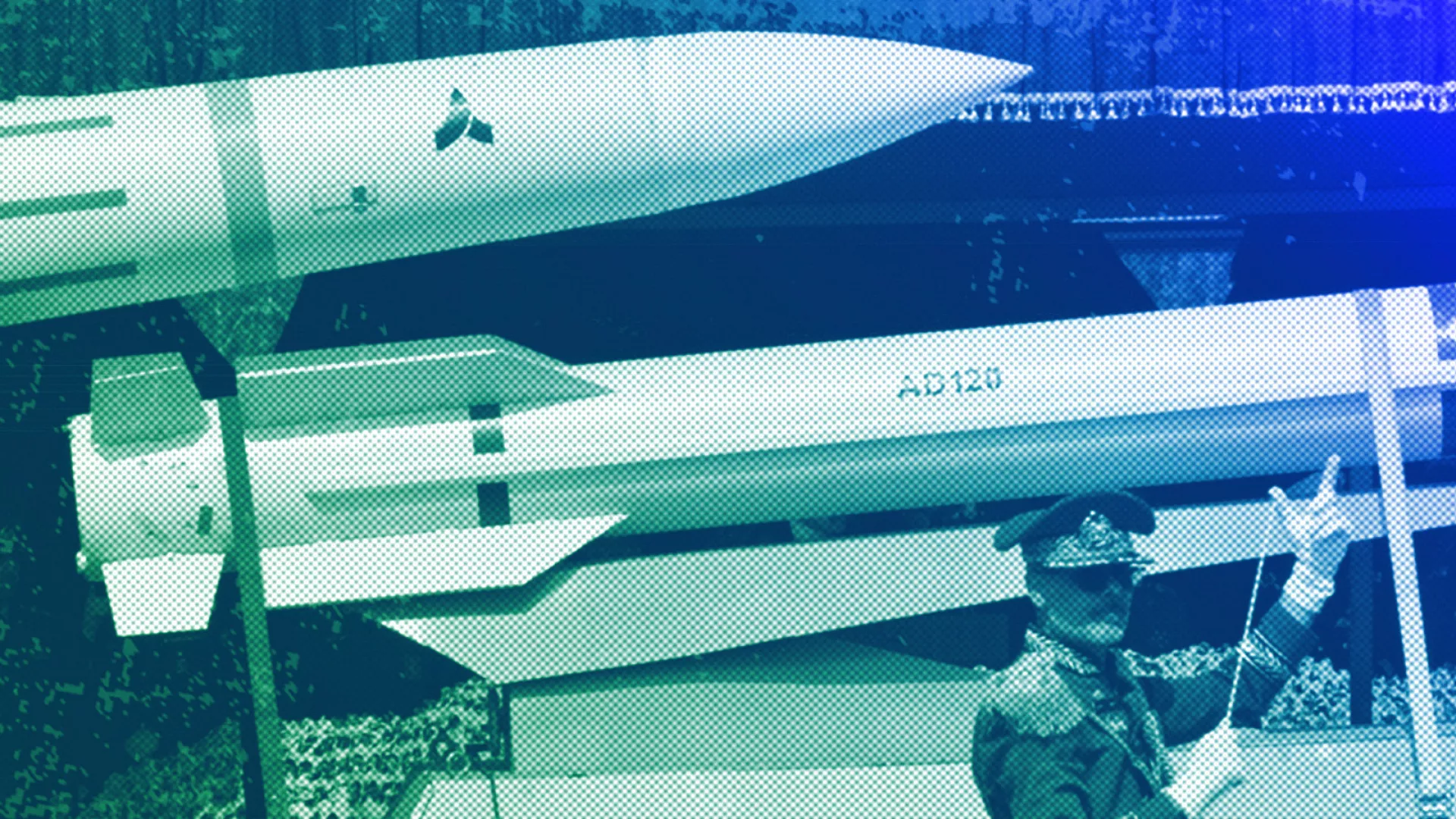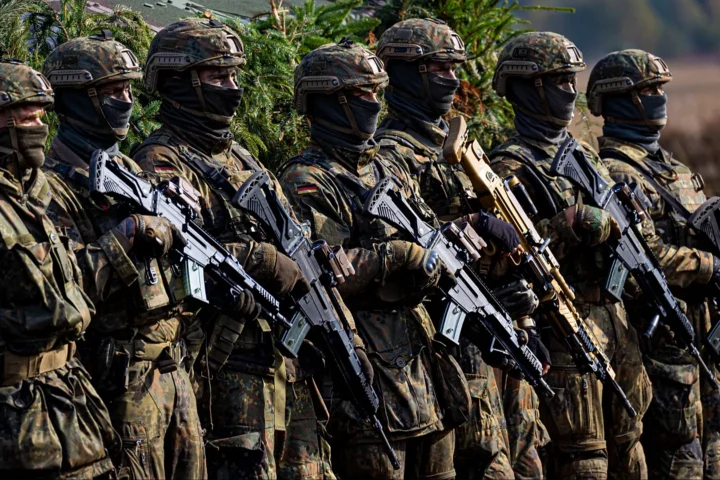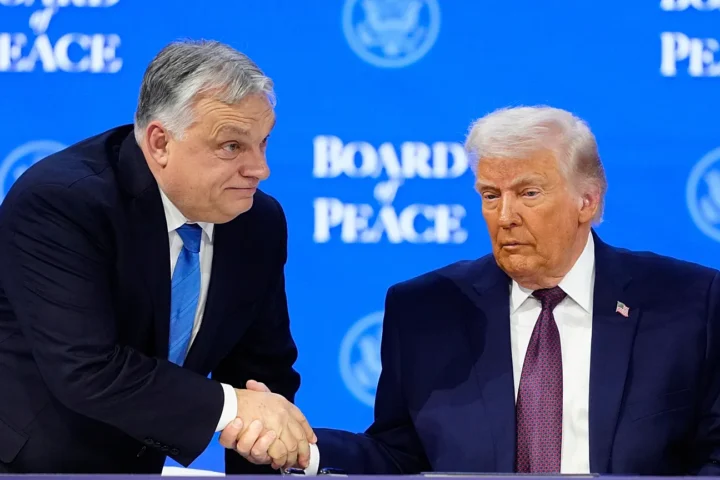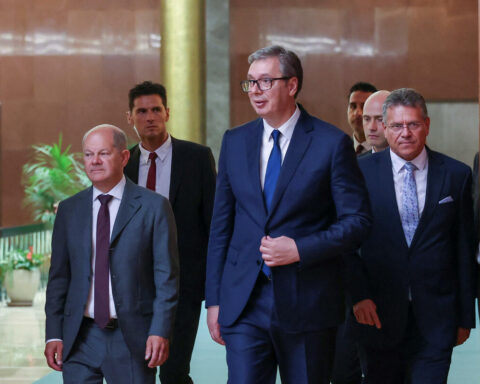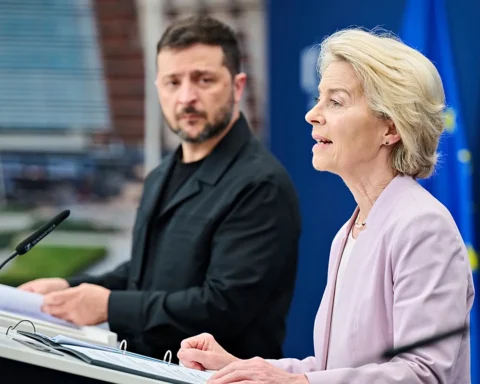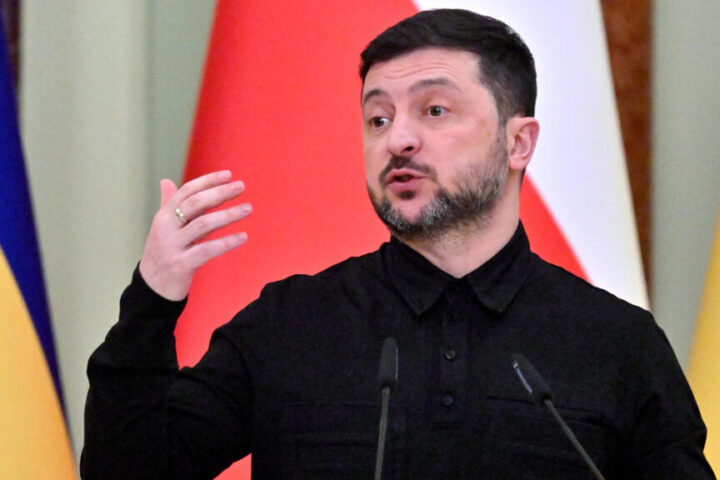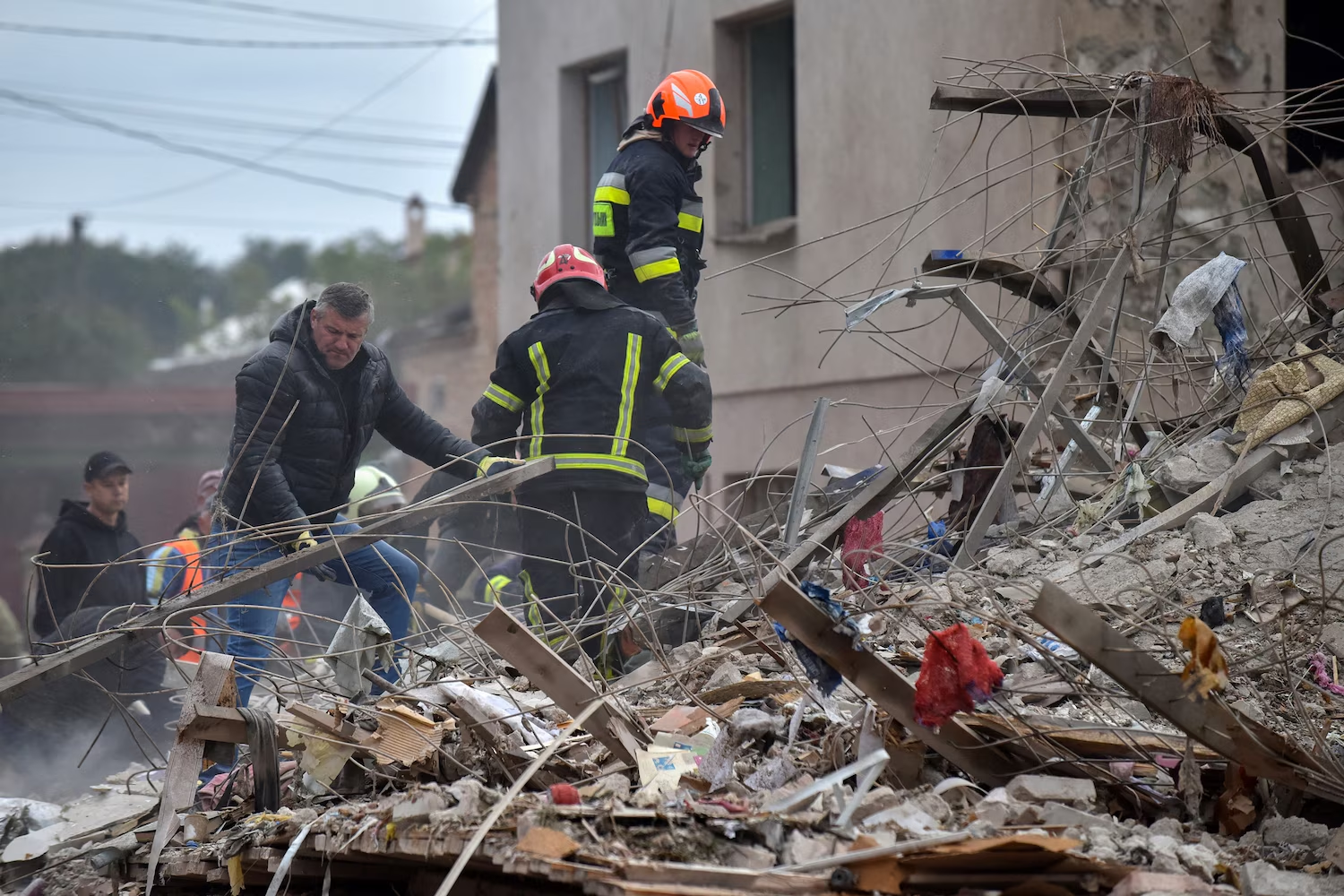In the wake of Iran’s recent assault on Israel, the region finds itself at a pivotal crossroads, presenting both challenges and unprecedented opportunities for Israel’s strategic landscape. Reflecting on historical missed opportunities, Israel is poised to rewrite the narrative of the Middle East and forge new paths toward peace and security.
The weekend’s onslaught by Iran, marked by a barrage of drones and missiles, underscores the pressing need for strategic realignment in the region. This brazen act of aggression serves as a stark reminder of the existential threat posed by Iran and the imperative for collective action to curb its destabilizing influence.
However, amidst the turmoil, a silver lining emerges in the form of unprecedented military cooperation witnessed between Israel, the US, France, Jordan, and other allies. This alliance not only reinforces Israel’s defensive capabilities but also lays the groundwork for broader geopolitical transformation.
At this critical juncture, Israel must seize the momentum generated by the response to the Iran attacks to redefine its strategic position and foster historic normalization of relations with Saudi Arabia. By extending a hand of friendship to Saudi Arabia, Israel can pave the way for enhanced economic ties, security collaboration, and broader reconciliation across the Arab world.
A recognition of Israel by Saudi Arabia would mark a significant milestone in the region’s history, bringing an end to decades of historic tensions and opening new avenues for cooperation. Such a bold move aligns with the spirit of the Abraham Accords and sets the stage for a more peaceful and prosperous future for all nations involved.
As Israel navigates this pivotal moment, it must remain steadfast in its commitment to security and stability. By capitalizing on the opportunity presented by the Iran attacks, Israel can chart a course toward a brighter future for itself and its neighbors. The time to act is now, for history has shown that such opportunities may never come again.
